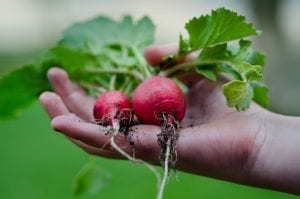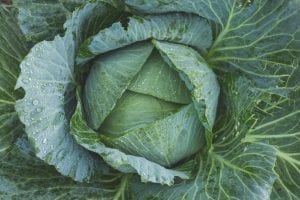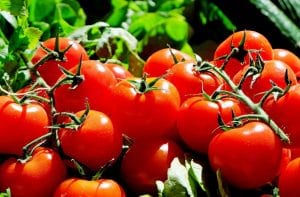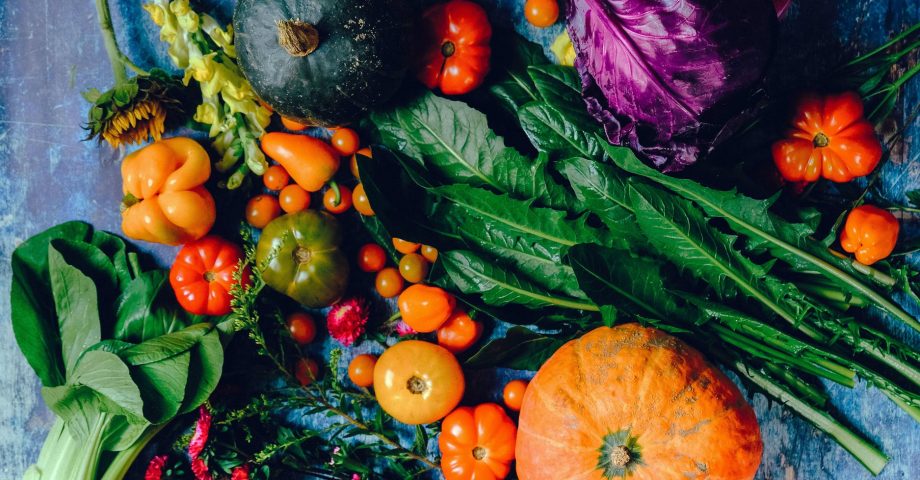9 Top Facts about Growing Vegetables
Ever thought about trying to grow your own food? It can be fantastic fun – and what’s more, it’s easier than you think to get started.
Growing veggies is a great way to teach kids how the world of food production works, and if you worry about how many chemicals and preservatives make their way into your food, then you might want to try setting up your own vegetable seed beds.
Growing vegetables is a fulfilling hobby which many people rely on for sustenance through the year. Knowing when to grow and harvest the right vegetables is key – and it does take practice – but there’s nothing to say you won’t be able to get your own little plot up and running in no time. Here are a few fun facts about growing vegetables likely to surprise you if you’re just getting started.
1. Start when the sun’s out.
Generally, you’ll need to start growing vegetables from seeds when the weather turns warm, meaning that they are mainly likely to do well during spring and summer. However, that’s not to say that some veg won’t persist well in the colder months!
2. You’ll cut back on cash.
Growing vegetables is genuinely a great way for you to save money. More often than not, you’re going to find that you’ll pay a premium for vegetables at the local supermarket. It’s easy enough to find a local market vendor who will retail authentic, home-grown veg for less than you’d normally pay, but it actually works out a lot cheaper to just grow your own veg from scratch from seeds.
You can buy seeds in large batches – hundreds at a time – from specialist retailers online, for example. This means that you can effectively make huge savings on your future shopping bills by buying up stacks of little seeds for a handful of coins. It’s just going to take time and patience to grow everything as you expect!

3. It’s safe food.
Freshly grown vegetables at home are always likely to be safer for you to eat. That’s because they are going to be free from any kind of cross-contamination. As mentioned briefly above, there are going to be no pesticides or modifications applied to these veggies, meaning that you have complete control and oversight over how they grow, and what you eventually harvest.
4. It’s always fresh.
What’s more, home-grown veg doesn’t sit for days or even weeks on end in containers waiting for shipment. Therefore, you only ever pluck and harvest them when it’s time for them to head into the kitchen. This, as you’d expect, helps to make them taste better – there’s nothing quite like fresh veg – trust us on this one!
5. It might even help to save the planet.
Believe it or not, growing vegetables at home also means that you will be doing your bit for the environment. Think how much CO2 gets put into the atmosphere through general growing of veg elsewhere. Every time you buy a bag of carrots from the supermarket, they have to be shipped through big HGVs across miles and miles.
6. You’ll be doing your bit for the soil, too.
Non-organic vegetable growing offers plenty of risks to the soil around us. That’s because genetic modification can lead to unhealthy chemicals entering the ground, meaning that all kinds of nasty pesticides and plant killers could find their way into the Earth. This, naturally, isn’t going to do much good in the long run!

7. Stagger your planting schedule!
There’s never much need for you to plant everything at once. For example, you should probably think about planting tomatoes and carrots in mid-spring, with cucumbers and broccoli to follow in the middle of summer. It pays to plan ahead, on the whole!
8. Spray far away!
Be careful with weeds! It’s tempting to use weed killer on seed beds to help get rid of those pesky perennials likely to be choking your tasty tomatoes. Make sure that you try to get rid of weeds the old fashioned-way – if a chemical is powerful enough to start causing serious damage to weeds, it’ll likely do just as much damage to your fresh produce, too.

9. It’s a marathon, not a race.
Finally, be aware that growing vegetables takes patience. It’s not as simple as planting a seed, watering it a little, and then waiting for something to happen. Take a look at a few guides online – and prepare for pesky pests like slugs and snails!
FAQs about Growing Vegetables
Are potatoes vegetables?
Technically, yes - they are starchy, but they still count as vegetables - so don’t feel bad about growing chips in the back garden!
Which vegetable is often contaminated?
If you do continue to buy vegetables wholesale, look out for tomatoes, potatoes and celery, as they tend to be the most contaminated.
What vegetables should you avoid?
Some people struggle with eating eggplant and some peppers as they can cause inflammation - eat with caution!
Do you know any good hints and tips about growing vegetables? Share them in the comments below!
This page was last modified on August 3, 2023. Suggest an edit







